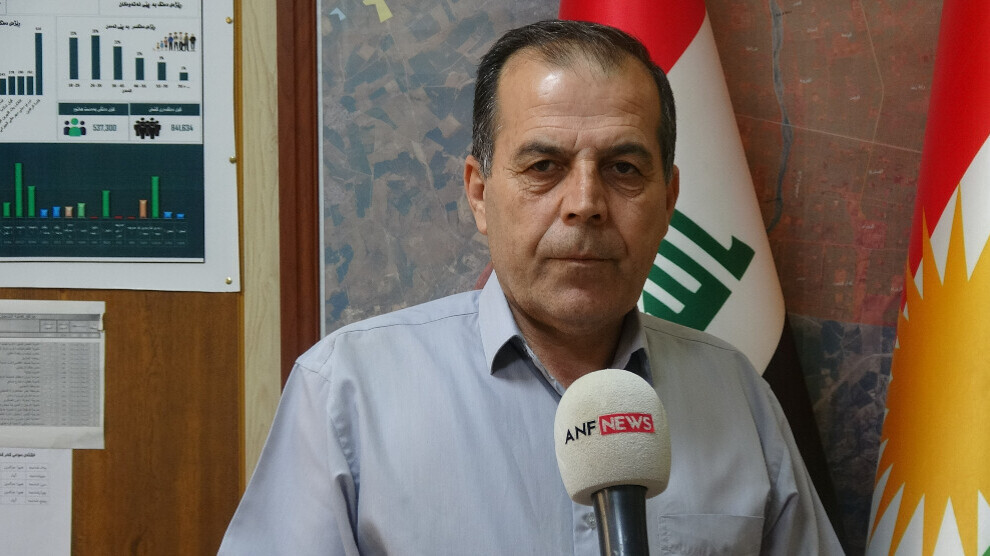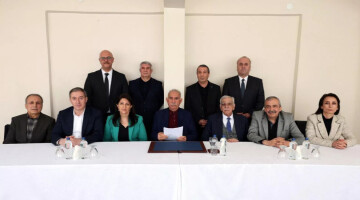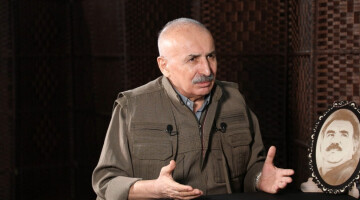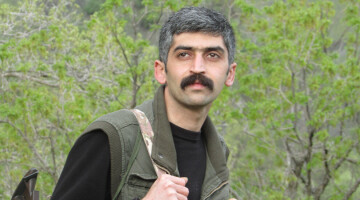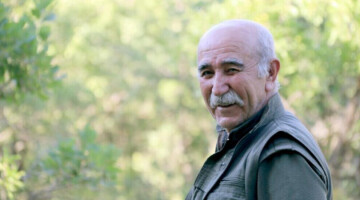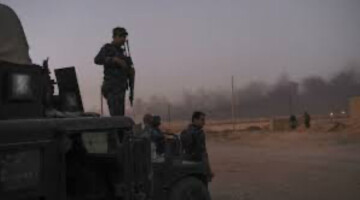ISIS is still active in Iraq and especially in Southern Kurdistan. In 2017, the then Iraqi government declared the terrorist militia defeated. Since then, undercover ISIS cells have carried out thousands of attacks. ISIS cells put the population under pressure and demand tribute money. ISIS is regrouping especially in the desert and in the regions of the north, whose administrative allocation is disputed between the central government in Baghdad and the Kurdish regional government in Hewlêr (Erbil). These areas are in parts of Hewlêr Kirkuk, Diyala, Salah al-Din and Nineveh province.
A few days ago, an ISIS cell abducted two brothers from the Kurdish village of Samud near Kirkuk. Shortly afterwards, a photo of a beheading in Til Afer near Mosul was published by Islamists. Near Diyala, a policeman was injured in an ISIS attack. On Friday, several ISIS commanders were seized who were planning attacks in Mosul and Kirkuk.
Speaking to ANF, security expert Şêrzad Semed pointed out that the political crisis between the governments in Baghdad and Hewlêr is affecting the security of the population. "If there are political problems anywhere, there are also security problems. The government in Iraq has no influence at the moment and the parliament cannot contribute to solving the existing problems in the areas of security, economy and sovereignty of the country. As a result, security in many areas of Iraq is severely compromised and the Turkish state also benefits from this by attacking Iraqi territory on a daily basis."
SECURITY VACUUM BETWEEN IRAQ AND KURDISTAN REGION
Regarding the increasing ISIS attacks, Semed explained that a security vacuum was created after the independence referendum initiated by Massoud Barzani. In the 2017 referendum, 87 per cent of the population voted for the independence of the Kurdistan Region of Iraq (KRI), but as a result the Iraqi army occupied 40 per cent of KRI territory, including the oil town of Kirkuk. "Before, there were peshmerga units in these areas, but after the referendum they had to withdraw. Now there is a big security vacuum from Shengal through Xaneqîn to Kirkuk. There is a buffer zone between the Kurdistan Region and Iraq. The Iraqi army cannot fully protect these areas and the peshmerga are not allowed to contribute to protection there. Due to the disagreement between the Iraqi army and the peshmerga, hundreds of square kilometres are affected by this security shortcoming. Therefore, ISIS can move freely there and attack positions of the Iraqi army and the peshmerga. In addition, armed groups have formed there that act on behalf of neighbouring states and carry out attacks on areas in the Kurdistan Region," Semed stated.
KURDISH VILLAGERS ARE DISPLACED
There are two reasons for the security gap, said Semed and continued: "The first reason is the disunity between Iraq and the Kurdish forces, the second reason is the lack of unity among the Kurdish forces. In the affected areas, there is a military division between the two main powers in the Kurdistan Region. This allows interventions by neighbouring states, occupation by the Turkish army and freedom of movement for ISIS gangs. In the Kirkuk region, Kurds in particular are affected by ISIS activities; they are displaced and cannot enter their villages. ISIS also relies on Arab farmers, who are known to have ties with it in the area around Mosul and Diyala. The area has become a breeding ground for ISIS, and it is the Kurds who are suffering most."

